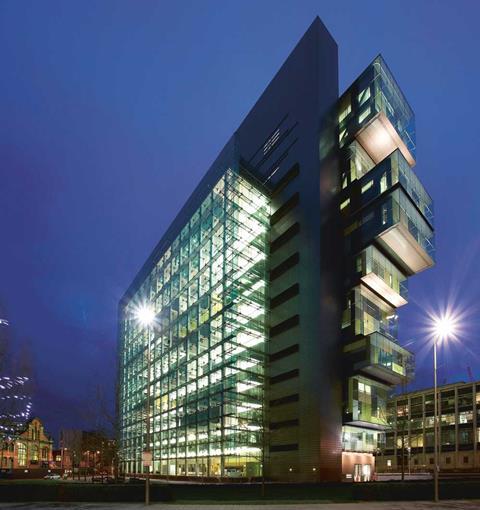The Supreme Court will head to Manchester next week with three cases listed including an appeal over unauthorised discharges of untreated foul water.
It is the court’s first sitting in Manchester and first outside a UK capital. It has sat in Edinburgh, Belfast and Cardiff over the past seven years.
The Manchester Ship Company Ltd v United Utilities Water Ltd will be the first case heard before Lord Reed, Lord Hodge, Lord Lloyd-Jones, Lord Burrows, Lord Stephens, Lady Rose and Lord Richards on Monday 6 March.
The two-day appeal is part of a long-running dispute between The Manchester Ship Canal Company and United Utilities Water over untreated discharges into the canal from sewers operated by the water company.

The second case, R (on the application of Palmer) v Northern Derbyshire Magistrates Court and anor centres around a company that went into administration and if administrators are considered ‘officers’ under the Trade Union and Labour Relations Consolidation Act 1992.
Employees at a company which went into administration were given a letter by one of the administrators informing them they were at risk of redundancy. They were given 15 minutes to ‘read and digest the letter’ and were then handed a further letter informing them they were dismissed with immediate effect.
Both the owner of the company and the administrator who had signed the letters were charged - as director and administrator respectively of the company - with a failure to give notice of proposed collective redundancies and/or that the failure to give such notice was attributable to neglect. Both pled not guilty.
Palmer argued that he had not committed an offence because an administrator is not an ‘officer.’
Lord Reed will also sit with Lord Hodge, Lord Burrows, Lady Rose and Lord Richards to hear R (on the application of Toraane and anor) v Secretary of State for the Home Department.
The appeal asks the justices to decide on three principal issues relating to the home secretary’s vulnerable persons resettlement scheme which ‘indirectly discriminates against Palestinian refugees from Syria’. The justices must decide if the indirect discrimination is justified, if the discrimination is irrational and if s.149 (1) of the Equality Act 2010, which requires public authorities to have regard to equality issues, applies outside of the UK.
All three cases will be heard at the Manchester Civil Justice Centre on Bridge Street, normally home to the county court and the Manchester District Registry of the High Court.
This article is now closed for comment.



























13 Readers' comments